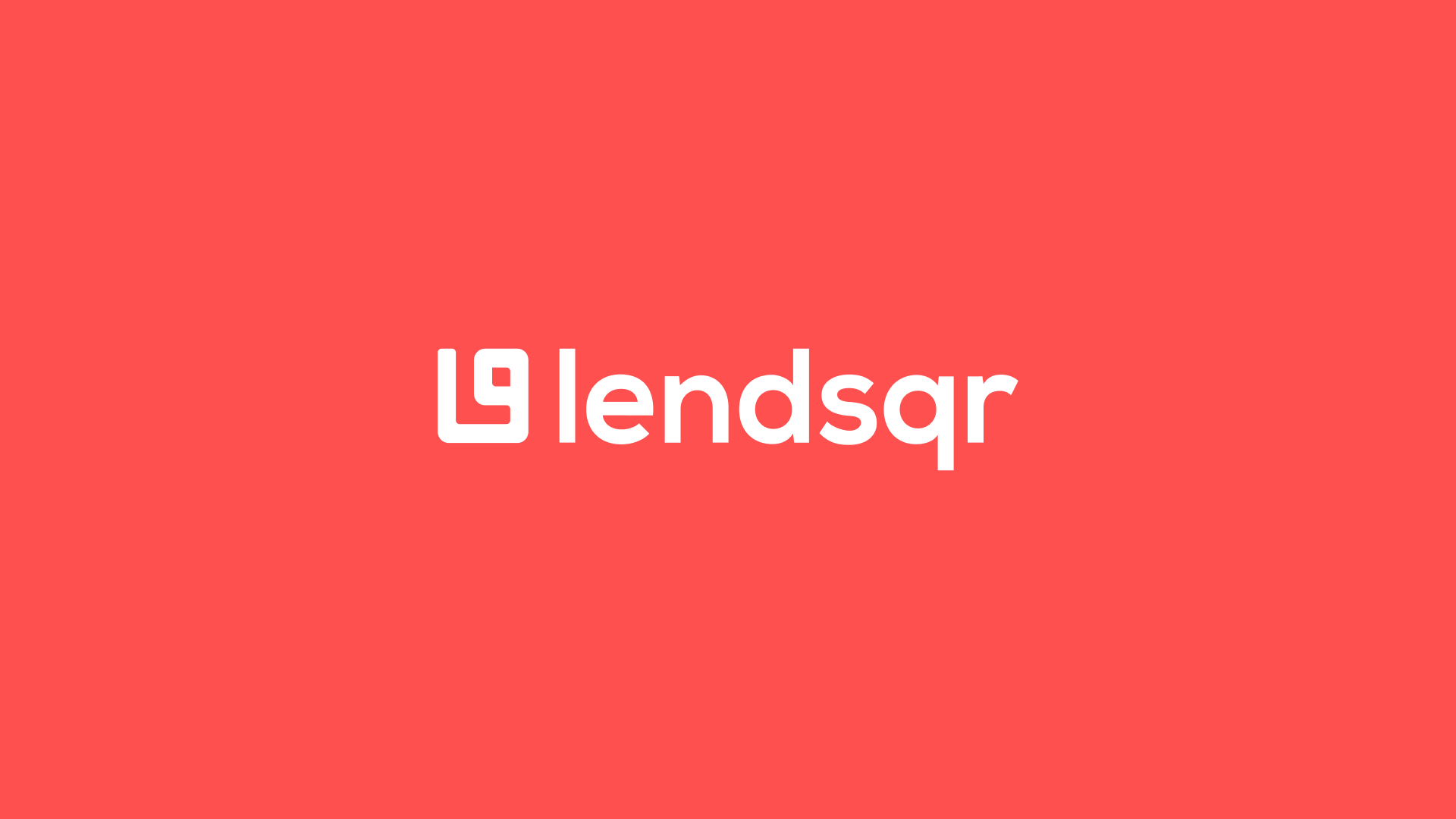A deep overview of business and SME loans in Kenya
Whether through banks, SACCOs, digital platforms, or informal channels, we examine how Kenya's business owners are financing their operations and what’s next for them.
Top loan origination systems worth considering in 2026
In 2026, loan origination systems (LOS) are one of the sharpest differentiators between lenders that grow and lenders that stall.
Word on the street: Loans are bad! Maybe not
why do loans have such a bad rep in Nigeria? Why do people liken loans to entrapment? Let’s dive in and find out why.



